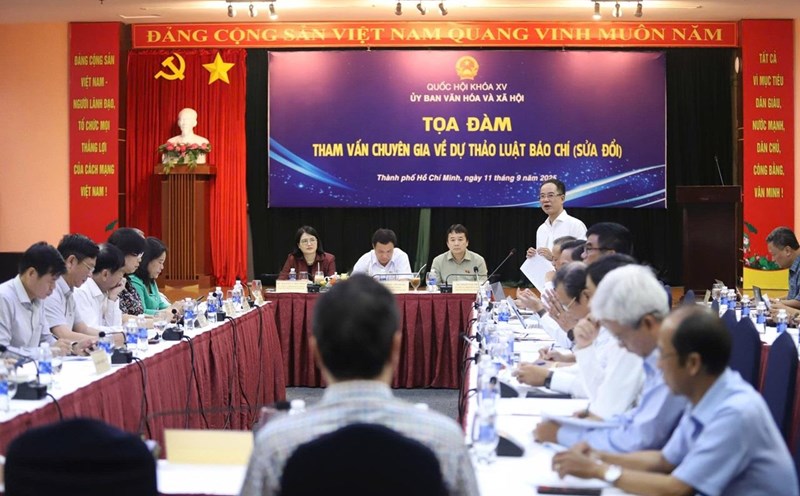This information was given by Mr. Do Chi Dung - Director of the Information Technology Center (Ministry of Home Affairs) at a thematic meeting to discuss solutions to promote the deployment of national databases and specialized databases (CSDL) of the Ministry of Home Affairs held on September 11.
Regarding the national database, Mr. Do Chi Dung said that the Ministry of Home Affairs is assigned to develop 2 databases as stipulated in Resolution No. 71/NQ-CP, including: National database on cadres, civil servants, public employees and National database on Social Security.
Regarding the national database on cadres, civil servants and public employees, it has been built and put into operation. This database manages information on records and resumes of cadres, civil servants, and public employees serving state management, related to changes in job positions, ranks, levels, etc.
The scope of shared and collected data includes: Documents of cadres, civil servants, and public employees in the block of state agencies at the central and local levels (excluding cadres, civil servants, and public employees of the Party, Youth Union, Fatherland Front, and socio-political organizations assigned by the government), connecting with the National PopulationDL and moving towards the Database of Party members, civil servants, and public employees.
The Ministry of Home Affairs has coordinated with the Ministry of Public Security to match 1,365,761 records of cadres, civil servants and public employees from the National Center for Cadres, Civil Servants and Public Employees with the National Center for Population out of a total of 1,436,507 approved records.
Currently, 12/34 localities and 3/28 ministries, ministerial-level agencies, and agencies under the Government (except the Ministry of Public Security and the Ministry of National Defense) have updated and corrected data of the personnel, civil servants, and public employees' records to the system.
The Ministry of Home Affairs is coordinating with ministries, branches and localities to transfer data on cadres, civil servants and public employees of ministries, branches and localities according to the 2-level local government model.
Mr. Do Chi Dung frankly pointed out a number of limitations in the implementation of national databases and specialized databases of the Ministry of Home Affairs such as: The progress of building databases is still slow, not meeting the requirements according to the direction of the Central Steering Committee, the Government and the Ministry.
Many databases have been built but have not yet met the criteria of "Right - enough - Clean - Live - unified - Use together"; the exploitation of databases for direction and operation is still passive and unfavorable; Some databases are being dispersed in localities, not concentrated in the Ministry.
Having a database that only stores aggregated data (secondary data) is difficult to exploit and use; Some information systems and databases have been built for many years, the technology is old, not ensuring information safety and security;
Some features are no longer suitable, leading to many difficulties in connecting and integrating with national population databases, other national databases, specialized databases of the Ministry and other ministries and branches.











